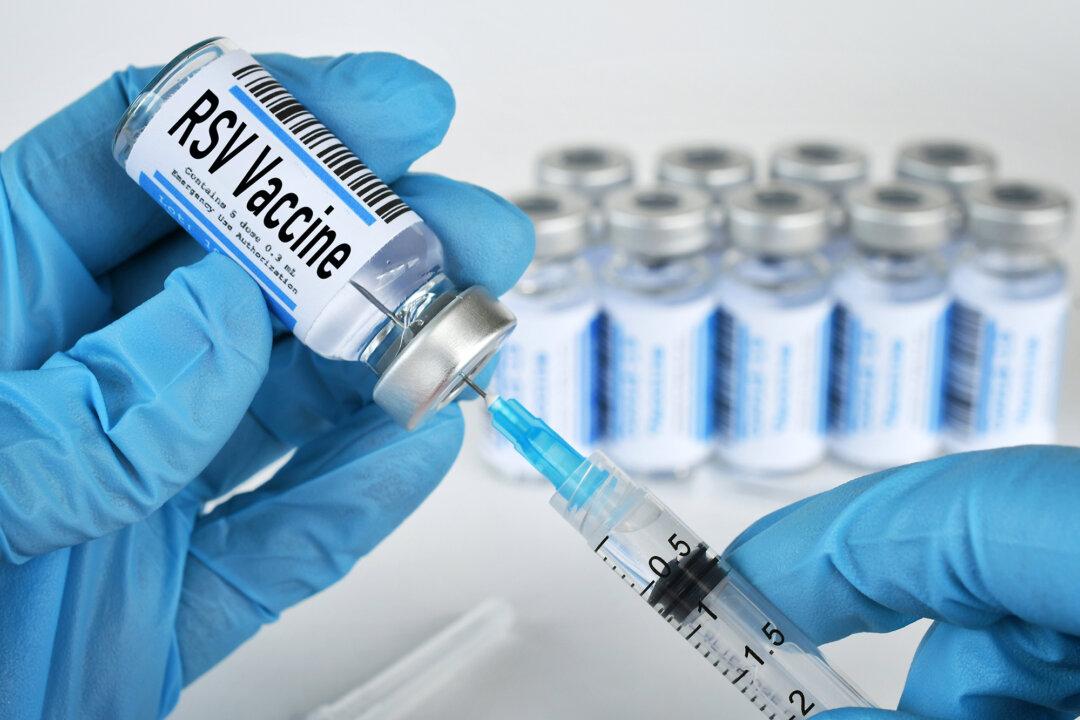Health officials in Wisconsin are urging pregnant women and individuals aged 60 or older to get vaccinated against respiratory syncytial virus (RSV) following the deaths of three children and a surge in cases.
In a Jan. 10 press release, the Wisconsin Department of Health Services (DHS) advised pregnant women to get vaccinated with the Pfizer bivalent vaccine, known as Abrysvo, to prevent their babies from picking up the virus.




